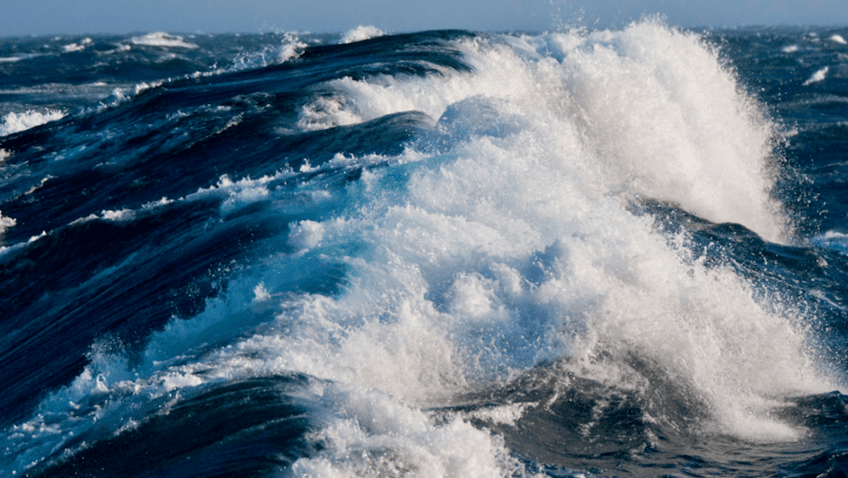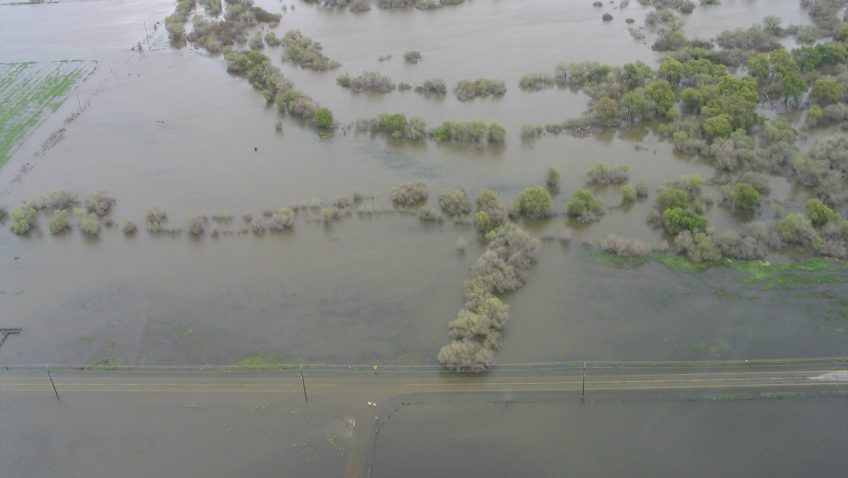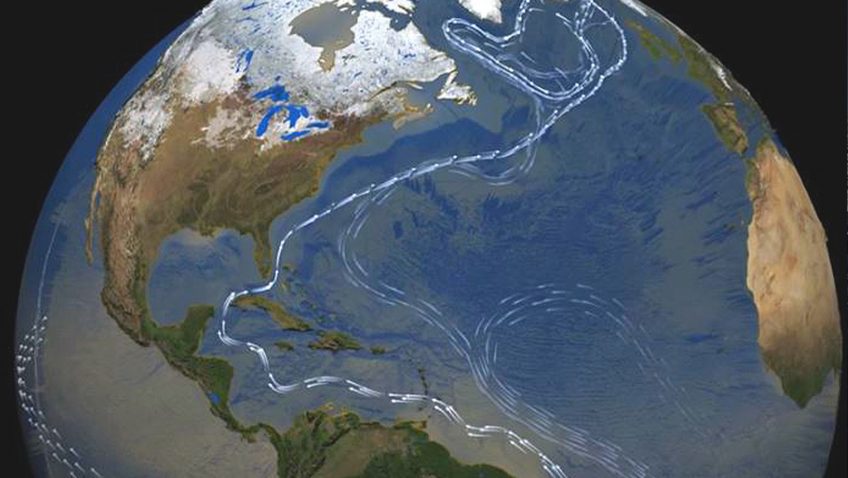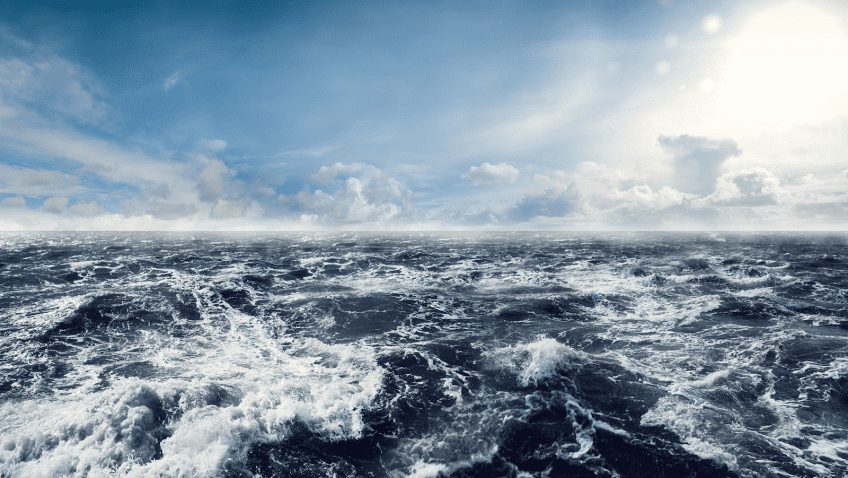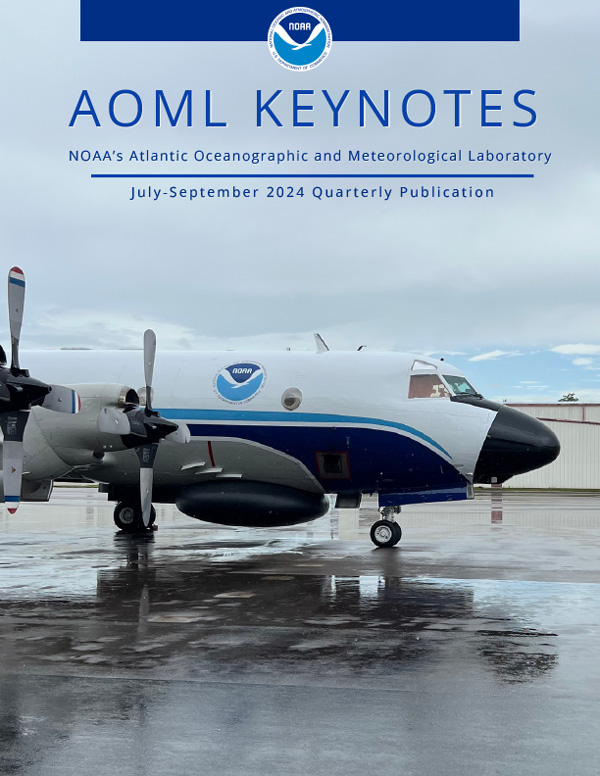Record warm ocean temperatures fuel longest-lasting 2023 US heatwave
Extreme heat is the leading weather-related cause of death in the United States. In a new study published in Nature Communications, scientists found a link between the long-lasting 2023 heatwave over the southwest US and Mexico and the record warm sea surface temperatures in both the Atlantic and Pacific Ocean.

